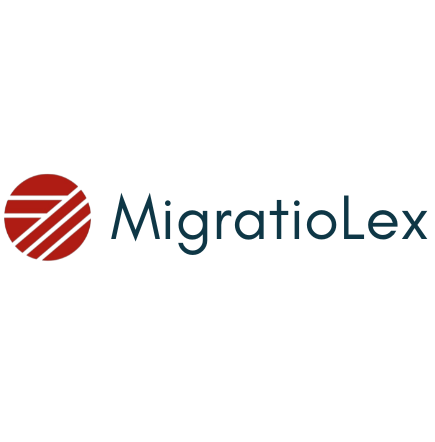Discover how to obtain legal residency and citizenship in the Dominican Republic while maximizing tax benefits, whether as an investor, digital nomad, retiree, or entrepreneur.
1) Introduction
The Dominican Republic offers an ideal combination of natural beauty, economic stability, and a welcoming environment for foreigners. MigratioLex, in collaboration with leading local lawyers, provides specialized guidance for entrepreneurs, investors, digital nomads, retirees, and rentiers who want to settle in the country while optimizing tax benefits.
2) Residency Options in the Dominican Republic
This article focuses on residence visas (RS) under Law 171-07 for investors, annuitants, and pensioners/retirees. These visas offer attractive pathways for temporary, permanent, or definitive residence with additional tax advantages.
3) Key Benefits of Dominican Residency
- Direct permanent residence for investment, annuitant, and retiree visas
- Eligibility to work legally in the Dominican Republic
- Possibility to apply for citizenship after a short period (6 months to 2 years)
- Territorial taxation with foreign income exemptions
- Exemptions on real estate, capital gains, and mortgage taxes
4) General Requirements for All Visas
- Passport: Original passport valid for at least 18 months.
- Birth Certificate: Legalized or apostilled.
- Criminal Record: Certificate from countries of residence for the last 5 years, legalized or apostilled (not required for minors).
- Medical Certificate: Confirming no infectious diseases.
- Marriage Certificate: Legalized or apostilled, if applying with spouse.
- Photos: Recent photographs as required.
5) Application Process
- Step 1 – Apply at Dominican Consulate: Start your application in your country of origin before traveling to the Dominican Republic.
- Step 2 – Travel to the Dominican Republic: Once your visa is approved, travel to the country.
- Step 3 – Complete Immigration Procedures: Within 60 days, submit documents to the General Directorate of Immigration for temporary or permanent residence.
- Step 4 – Citizenship Option: For investment visas, apply for citizenship after 6 months of legal residence (process may take up to 2 years).
6) Tax Advantages and Additional Benefits
- Exemption from taxes on foreign income for investment, annuitant, and retiree visa holders
- Exemption from real estate transfer taxes on the first property
- 50% reduction on mortgage and real estate taxes
- Exemption from dividend and interest taxes (domestic and foreign)
- 50% exemption on Capital Gains Tax under certain conditions
- Double non-taxation opportunities and fiscal transparency
7) Long-Term Residence
Permanent residence is granted directly for investors, annuitants, and retirees, renewable every 4 years. Additionally, after 10 years of legal residence, permanent residence (RD-1) can be renewed every 10 years.
8) Citizenship in the Dominican Republic
The Dominican Republic allows dual nationality. Citizenship can be obtained through naturalization or by holding an investment visa. Investors can apply for citizenship after 6 months of residence, while standard naturalization typically requires at least 2 years of legal residence.
9) Contact MigratioLex
Our Services
- Residency and citizenship application assistance
- Tax planning and optimization
- Bank account opening and financial advice
- Full support throughout the immigration process
Get Personalized Advice
Contact MigratioLex for a tailored consultation to determine the best residency and citizenship options for you in the Dominican Republic.
FAQs
How long does it take to get Dominican citizenship?
For investment visa holders, citizenship can be applied for after 6 months of residence; for standard naturalization, at least 2 years of legal residence is required.
Can I work in the Dominican Republic with a residency visa?
Yes, investment, annuitant, and retiree visas allow legal work, but income from local employment is subject to local taxation.
Are my foreign assets taxed in the Dominican Republic?
Holders of investment, annuitant, or retiree visas are generally exempt from taxes on foreign income due to the territorial taxation system.




